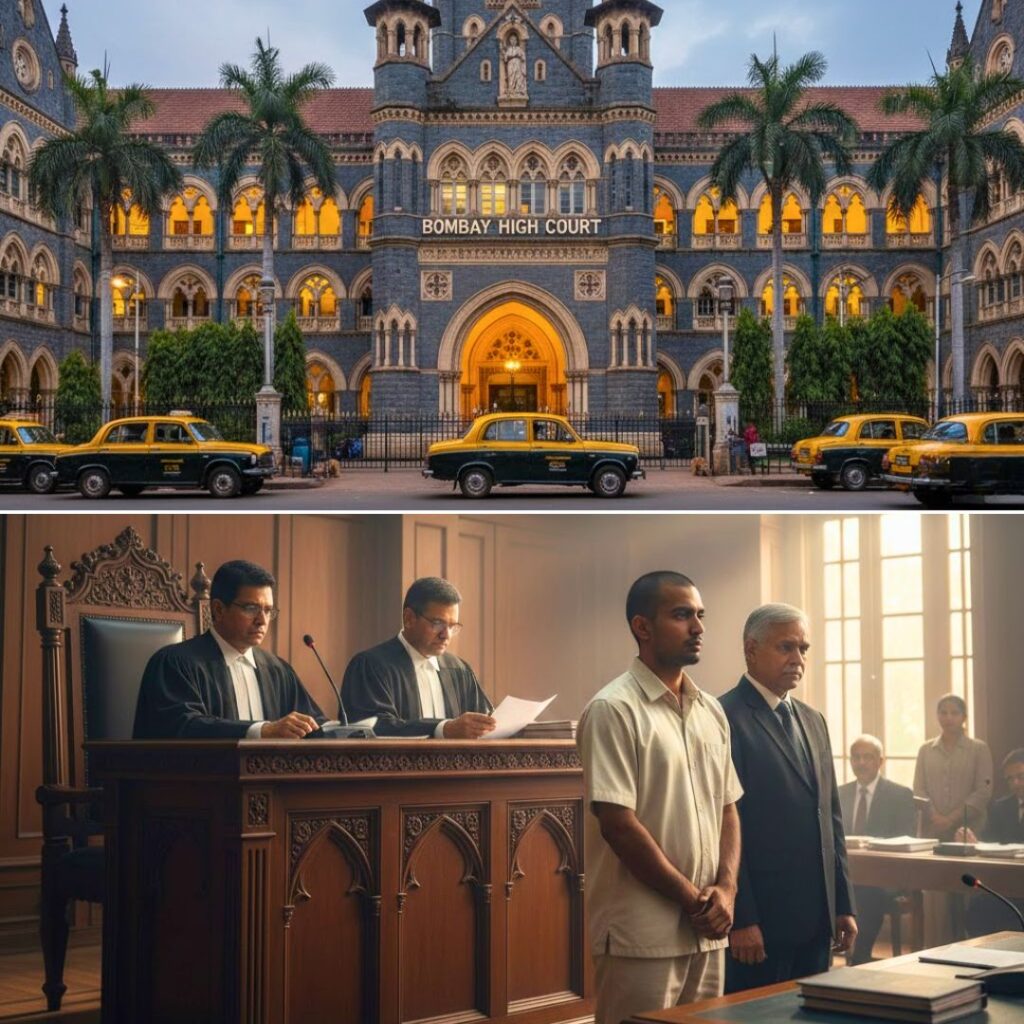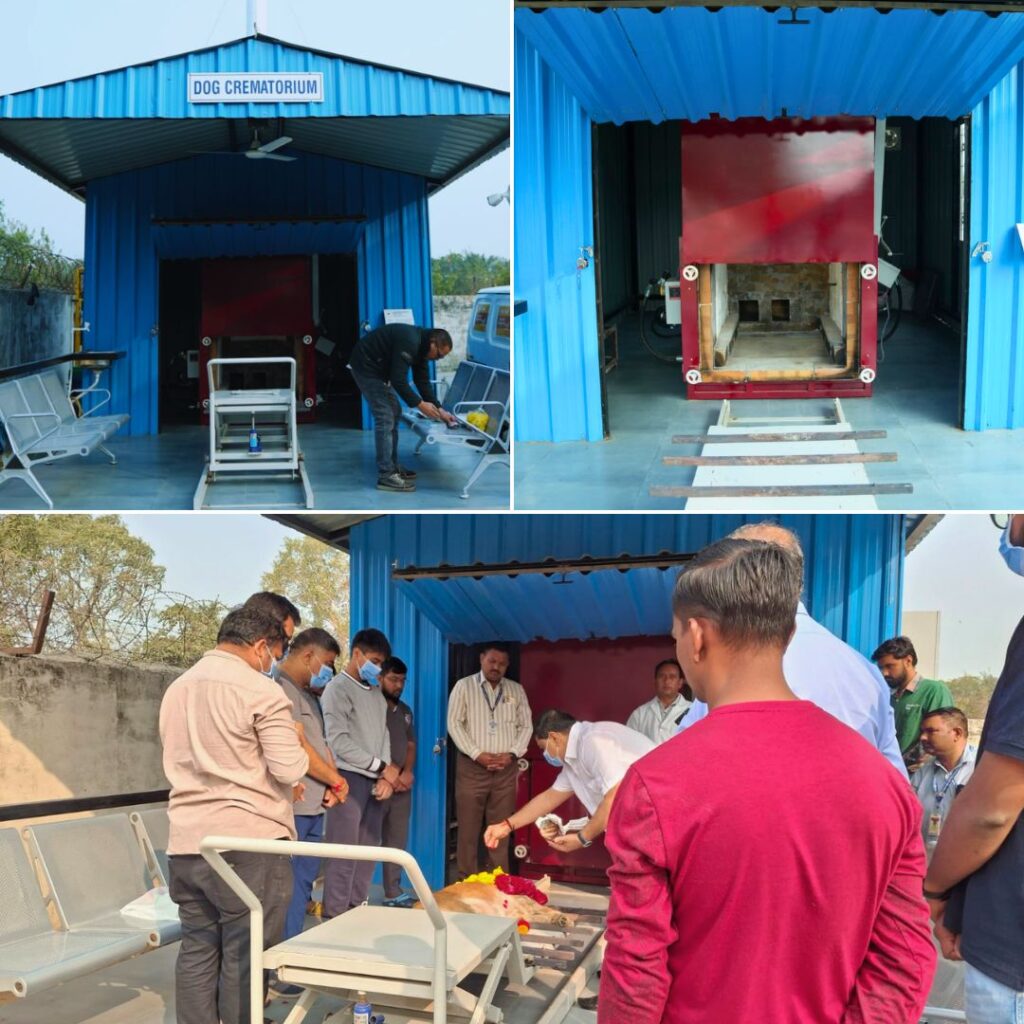The Indian society emphasises more on providing protection and care for elderly and parents. The withering of joint families has added to the challenges faced by senior citizens. They are exposed to various kinds of problems like emotional, physical tortures. To counter such problems, the Government has enacted many laws, one being the Maintenance and Welfare of Parents and Senior Citizens Act 2007 (MWPSCA) which now allow parents to evict the adults who abuse their parents while living in their house.
The High Court in its order clarified that the house need not be self-acquired or possessed by parents. The legal possession of the property should be under the name of the parents. They have the right to evict abusive daughters and sons out of their property.
Justice Manmohan said that the senior citizens can now issue their adult children an eviction order to ensure that they live peacefully in their house. The parents shall not be forced to accommodate son who mentally harasses or physically assaults or threatens to dispossess them.
The High Court also observed that the Delhi government had only allowed elderly people to complain to the authorities seeking to evict their abusive children from the self-acquired property, even though the order allows protection to parents in a rented accommodation.
The High Court directed the Delhi government of the National Capital Territory to formulate and amend its rules framed under Section 32 and Section 22(2) of the act in conformity o the judgment.
Background
An alcoholic had man filed an appeal challenging the tribunal’s order to evict him from the residence where his parents would live.
After checking the various precedents, High Court upheld conforming the Maintenance and Welfare of Parents and Senior Citizens Act 2007 (MWPSCA) ordered the local SHO to ensure that the man is evicted from the house immediately.
In the first round of hearing, High Court had invoked and broke the agreement between the two sons. The parents were living in accommodation provided by a private trust where the father would work.
To settle the issue, the sons were allowed to live in the ancestral property of father in Haryana, but one of the sons backed off and challenged the court’s decision to evict him. The High Court though refused to re-examine the issue but checked whether the 2007 Act provides the sole remedy of the monetary maintenance by relative or by children. The Court observed that the Section 23 of the Act empowers the maintenance tribunal to do full justice in elderly abuse cases.
The court pointed out that Section 23 of the Act uses the expression “transfer”, ostensibly to offer the widest possible protection to the senior citizens. The property rights of the elderly parents are not just confined to owned or self-acquired house.










